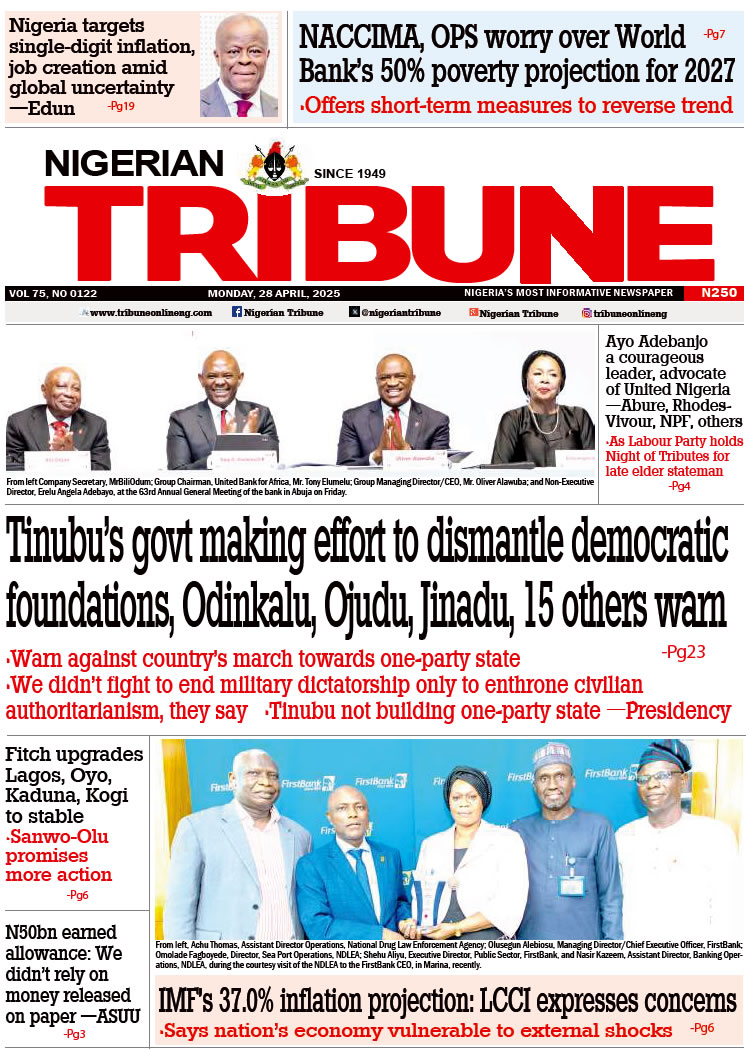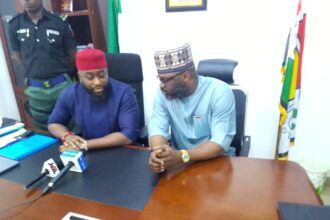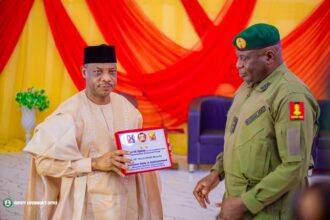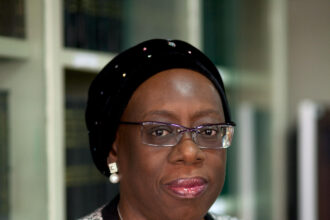The federal government through the National Information Technology Development Agency (NITDA) has trained 100 women from states in the South West in Information and Communication Technology (ICT).
The government noted that ICT Imbalance is limiting women’s access to economic opportunities and empowerment that can make them relevant and compete favourably with their male counterparts.
The Director General of NITDA, Mr Kashir Inuwa Abdullahi, said this at the Federal Polytechnic, Ado Ekiti on Thursday, at a 5-day ICT training and provision of tool organised for women across the six states in the southwest geopolitical zone.
Abdullahi, represented by Mr Vincent Olatunji, stated that the programme would propel digital literacy, create jobs, and would bridge the widening gap between men and women for radical development of the nation.
He said, “Unequivocally, women clearly have unequal access to economic opportunities in comparison to men, NITDA believed that technology can bridge the gap. The 100 women being trained are projected to create 300 direct jobs and over 1000 indirect jobs.
“Statistics available have shown that women’s participation in ICT is below 24 per cent and we in NITDA are determined to bridge the gap and boost participation through the special training programmes in addition to conventional ICT capacity development activities of which both men and women are given the same opportunities.
“The programme centres around key ICT skills areas and also include entrepreneurship development, business management and communication. In line with President Muhammadu Buhari’s commitment to sustainable human capital development, at the end of the programme, all the women shall a laptop computer each and stipend to help their businesses.”
The first lady of Ekiti State, Mrs Bisi Fayemi, said the administration of Dr Kayode Fayemi had been passionate about gender promotion, particularly women empowerment and promulgation of laws that can tackle socio-cultural and economic impediments against women.
“Up to 2015, Nigeria did not meet any of the goals set for MDGs. We began the SDG in 2015 and with the speed at which we are going, Nigeria stands the risk of not achieving those things that are contained in the SDGs, if proper things are not done.
“Technology has a lot of benefit and women in the developing nations have a large proportion of illiteracy in the digital world. This programme can make women active in the world of ICT and enable equal access to innovative ICT concepts, ” he said.
The Commissioner for Public Utilities in Ekiti State, Engr Bamidele Faparusi, said the government was finalising a memorandum of understanding with private firms, for the laying of fibreoptic wireless cable across the towns and villages in the state for internet connectivity.








